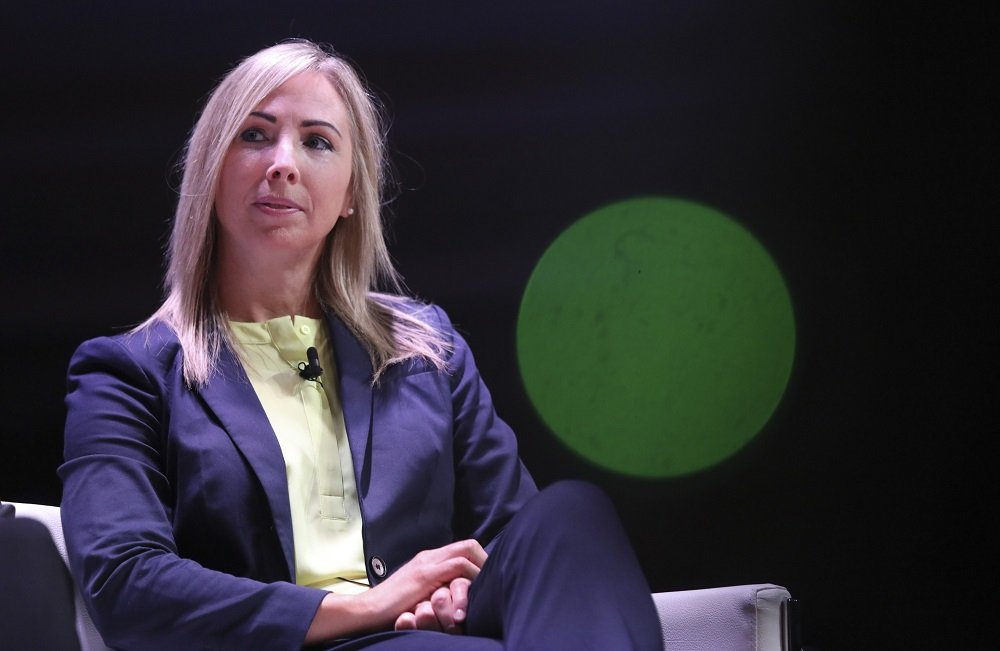In January, WhatsApp users received a pop-up message announcing updates to the app’s privacy policy. A closer look revealed that all accounts that did not consent to the new terms by the 8 February deadline would be suspended or deleted.
Confounded by poor communications, confusion followed. The update was unclear to many, and a reference to Facebook had users fearing that the contents of their messages would be shared on that platform. The negative reaction prompted WhatsApp to issue a clarification and delay the changes until May.
The intended update is now due to be implemented next week on 15 May. In a statement, parent company Facebook Inc said the updates primarily concern businesses that host shops on Facebook and communicate with users through WhatsApp. The new rules clarify that communications with these businesses may be hosted on Facebook’s servers.
This is probably the first step to monetise and get a return on the incredible investment of $19 billion that Facebook Inc paid for WhatsApp in 2014. Data has become the gold of our time.
Social apps and informed consent
The changes will not be applied the same way globally. The changes for European users omit details announced for other regions; among other smaller things, plans to enable users’ Facebook Pay accounts so they can pay for things on WhatsApp were not included in the European update.
Data protection laws in Europe are among the strongest in the world. They ensure that an organisation must carefully explain to the user what will be done with the data the user provides – this is called “informed consent”, and it is not seen elsewhere.
Outside of the EU, a coalition of more than three dozen social justice, labour, and digital rights organisations are campaigning to prevent Facebook Inc from altering privacy protections on WhatsApp.
These groups argue that Facebook Inc is using exploitative practices and abusing its dominant market position. They warn that the new WhatsApp privacy policy will give Facebook Inc even more power to extract money from WhatsApp communications by targeting users with more personalised advertisements.

WhatsApp’s competitors
After the January announcement, many users abandoned WhatsApp for competitors.
Signal saw 17.8 million downloads between 5 January and 12 January, up from just 285,000 the previous week. Telegram saw 15.7 million downloads during the same period, over twice the 7.6 million downloads it saw the week before. Many also flocked to the lesser known Threema.
These competitors all share the same basic functionality as WhatsApp—users can send and receive multimedia messages—but emphasise data privacy.
Signal users benefit from on-screen privacy features, anti-surveillance tools, and disappearing messages. The free app’s straightforward privacy policy states that data is not linked to the user’s identity, nor is it stored on company servers. The richest man on Earth, Elon Musk, endorsed the service after WhatsApp announced its policy change.
Telegram is another free platform that uses end-to-end encryption. It uses a unique distributed infrastructure that divides the relevant decryption keys into two parts, so they are “never kept in the same place as the data they protect”. However, the app has courted controversy for hosting extremist political movements, conspiracy theorists, and criminals.
Threema is an open source, paid messenger app with end-to-end encryption. It creates as little data as possible on the company’s servers. One of the things that makes Threema unique is that each user is identified with an 8-digit ID rather than with their mobile phone number.
The Data Protection Commissioner investigates
The Irish Data Protection Commissioner, Helen Dixon, is shortly due to impose a fine on WhatsApp, rumoured to be upwards of €50 million, for violating privacy laws. A similar dispute arose last year when she fined Twitter €450,000, which was the first cross-border fine under Europe’s GDPR regime.
Companies Office filings show that WhatsApp’s Irish unit set aside €77.5 million in 2019 to meet the potential cost of fines arising from the DPC investigations, believing fines could be between €35 million and €105 million.
Others under investigation include Facebook and its subsidiary Instagram, Apple, LinkedIn, Google, and Verizon.

What’s next for WhatsApp users?
Under the new privacy policy, WhatsApp users have two options: they can agree to share their personal information with Facebook or delete their WhatsApp account. It is a decision many of WhatsApp’s two billion users don’t take lightly.
Since releasing the initial policy change, WhatsApp has clarified that the company doesn’t collect data from messages sent between family members and friends, just from personal information and what users send businesses. Information that a user sends to a business can be collected and shared with Facebook for advertising.
Privacy has risen to the forefront of tech issues in recent years, with many companies returning power to the consumer. The EU’s GDPR and the California Consumer Protection Act (CCPA), among other regulations, give consumers the power to know who is collecting their data, how it is being used, and even request that it be deleted.
In many ways, WhatsApp’s decision to share data goes against this progress. Consumers see the value of being in control of their data and having it protected. They want to hold their data and personal information as close as possible.
In the new privacy landscape, it is the companies that prioritise data protection and build trust with their customers that will come out on top. WhatsApp shows that customers are quick to leave when they don’t trust a company or agree with its privacy practices.
It is as simple as this: privacy matters. Customers need to trust a brand and have a voice in how their information is collected and used — otherwise they will take their business elsewhere.

About the author
Karl specialises in public and corporate affairs for clients operating in highly regulated environments. Prior to joining 360, Karl worked in public affairs and public relations with other communication consultancies. He has also worked for high-profile politicians in both the European Parliament and the Houses of the Oireachtas.
